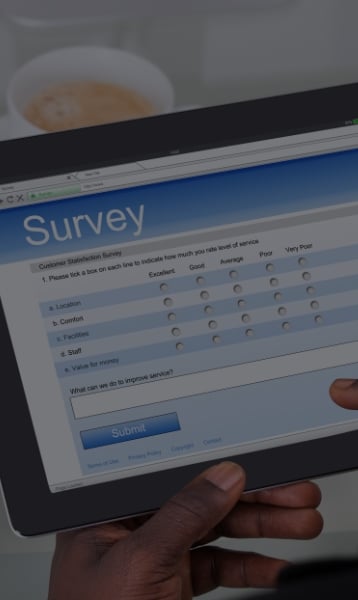The benchmarking portal gives you access to all reports available for STD, LTD, FML & WC.
Integrated Benefits Institute Expands the Medication Adherence Calculator to Include Depression and Anxiety Disorders


Joe Aller
In 2018, the Integrated Benefits Institute (IBI) launched the Medication Adherence Calculator showcasing the savings achievable by increasing medication adherence in three highly prevalent workforce conditions; diabetes, high cholesterol, and hypertension. As of February 20, 2023, the calculator now includes depression and anxiety disorders.
In the last few years, the US workforce has seen a dramatic increase in symptoms of depression and anxiety. In 2021, two in five employed adults reported symptoms of anxiety or depression disorder – a four-fold increase from pre-pandemic levels. According to IBI’s recent analysis, the rate of individuals taking a mental health prescription medication has increased from 20% to 22%. Employee mental health is a significant concern for employers and an impactful driver of organizational productivity.
Research findings, represented in the tool, show there is quantifiable evidence on the statistically significant relationship between medication adherence behaviors of individuals with depression and anxiety and employee productivity both as a standalone diagnosis as well as a co-morbid mediating condition. Improving the medication adherence of employees with these conditions has actual, quantifiable cost savings driven by fewer emergent episodes, less overall use of healthcare services, and more time spent on the job.
The IBI Medication Adherence Calculator represents another tool to assist Supplier and Employer members to effectively design and operationalize targeted interventional programs to enhance worker productivity.
This research was made possible due to the valued input of our industry subject matter experts at Hero Health and Marsh McLennan Agency as well as supporting members of the IBI Board of Directors.
About Integrated Benefits Institute
The Integrated Benefit Institute’s independent research, industry-leading tools and data resources help companies link health-related programs to the outcomes that maximize the contributions of people to productivity and business performance. Founded in 1995, IBI is a national nonprofit research organization and business association serving 1,200 employer and supplier members and their 22 million employees. For additional information, please visit www.ibiweb.org and follow us on Twitter and LinkedIn.
- December 2024 (1)
- November 2024 (1)
- July 2024 (1)
- June 2024 (1)
- March 2024 (1)
- February 2024 (1)
- January 2024 (1)
- December 2023 (1)
- November 2023 (1)
- August 2023 (1)
- July 2023 (1)
- May 2023 (2)
- February 2023 (2)
- January 2023 (2)
- November 2022 (1)
- October 2022 (1)
- September 2022 (1)
- March 2022 (1)
- February 2022 (1)
- January 2022 (1)
- December 2021 (1)
- September 2021 (1)
- April 2021 (2)
- December 2020 (1)
- October 2020 (1)
- September 2020 (2)
- August 2020 (2)
- July 2020 (1)
- April 2020 (1)
- March 2020 (1)
- November 2019 (1)
- September 2019 (1)
- July 2019 (1)
- June 2019 (2)
- May 2019 (1)
- April 2019 (1)
- February 2019 (1)
- November 2018 (1)
- September 2018 (1)
- August 2018 (1)
- June 2018 (1)
- March 2018 (1)
- March 2017 (1)
- February 2017 (2)
- Absence (1)
- Absence Management (1)
- analytics (1)
- Behavioral Health (1)
- Benchmarking (2)
- Benchmarking Analytics (1)
- Benefit Design (2)
- Benefits + Plan Design (2)
- Blog (1)
- Business Performance (1)
- CDHP (1)
- CFO Survey (2)
- COVID-19 (6)
- Depression (3)
- director (1)
- Disability Leave (7)
- Extreme Weather (2)
- Family + Parental Leave (3)
- FMLA (2)
- Health + Productivity Management (3)
- Healthcare (1)
- Healthcare Costs (2)
- lost time (1)
- Manage Absence (2)
- Medication Adherence (1)
- Mental + Emotional Health (4)
- Mental Health (2)
- new hire (1)
- Parental / Family Leave (1)
- Patient-Centered (1)
- Press Releases (50)
- Preventive Care (1)
- Productivity (3)
- Research (2)
- Research Report (1)
- Return to Work (1)
- Sick Leave (2)
- Telehealth (1)
- Telemedicine (1)
- Worker's Compensation (1)
- Workplace Health Programs (1)




























